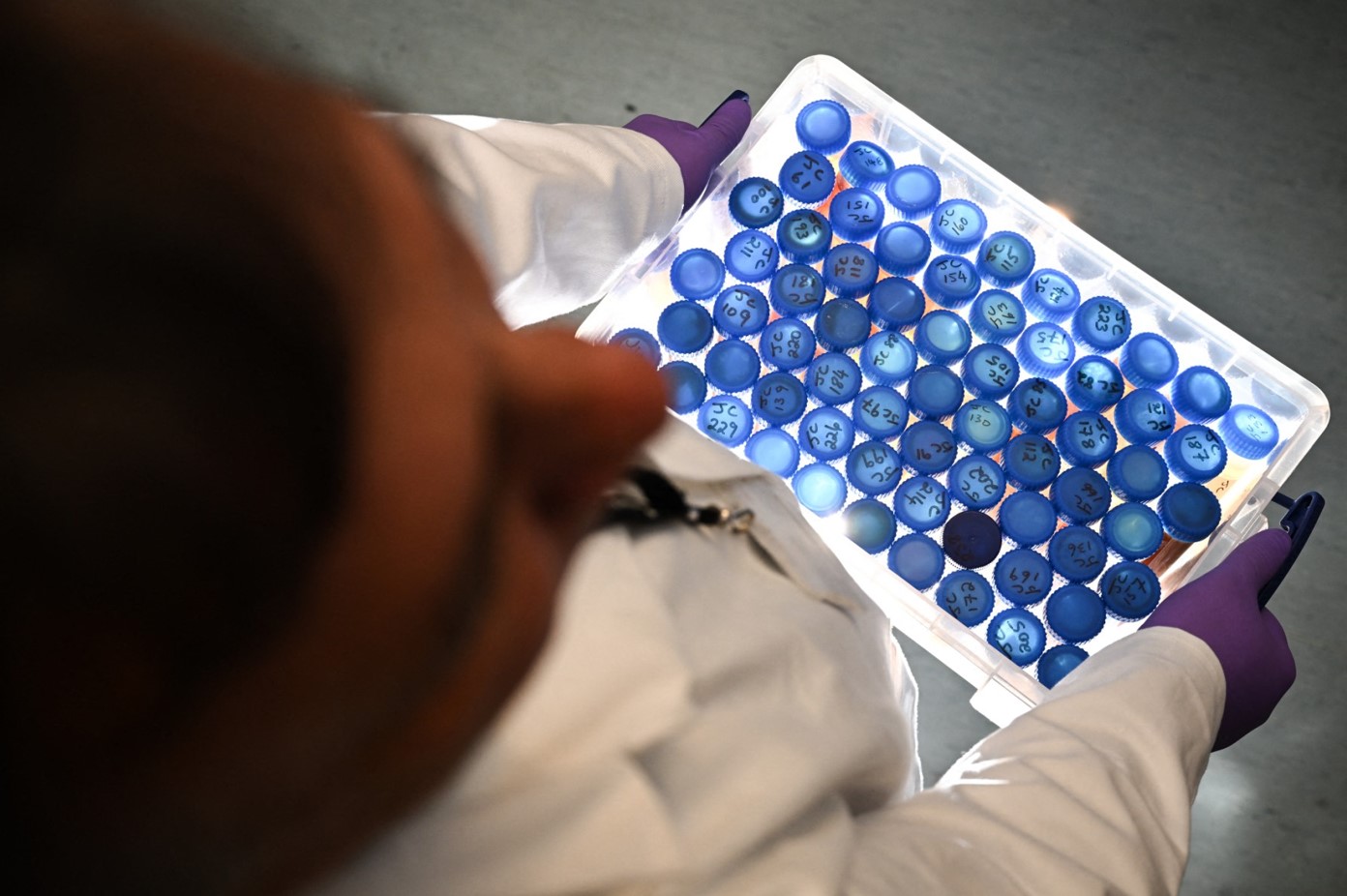A concern of anxiety warns that the secret network, including individuals and groups, is promoting fake research and continuously damaging the reputation of science.
Researchers at the North Western University of the United States analyzed large -scale scientific writing and revealed that modern global networks were systematically weakening the reputation of educational publication.
The study published in the PNAS magazine said that the publication of fake research is growing faster than authentic scientific acts.
Researchers say that the result is a warning to take practical steps for the scientific community, before the public loses confidence in the scientific process.
“This research is probably the most disappointing project of my entire life in which I attended,” Louis Emma, one of the researchers, one of the writers of research on complex social systems.
“Science has to handle itself better to maintain its reputation.”
Scientific frauds usually have fake research methods, such as replacing data or misconduct, which can withdraw the research.
It was understood that such measures are usually some individuals, who take a small way to move forward in the atmosphere of this competition.
But the latest research revealed a secret network that is behind the background of ‘creating scientific process’.
“They include millions of dollars,” Dr. Amral said.
In the research, the researchers analyzed the data sets of posts, editorial records and images of photographs, which provide the main sources of scientific literature such as Alasware’s scoop and the National Library of Medicine.
He also reviewed the data of academic magazines, which were removed from the database due to lack of standards or moral principles and also highlighted articles that were highlighted by the popular blog Rental Watch for scientific transparency.
He discovered a network of ‘Epil Mills’ brokers and magazines, which produced a large number of drafts and sold them to researchers who wanted to publish a new job fast.
These drafts were usually of poor standards, including fake data, converted or stolen images and derogatory materials.
Dr. According to Amral, ‘They can not only buy thesis, but also buy references. Thus they can appear as good scientists without doing their own research. ,
Researchers said that they had reached the initial level of the network.
Another writer of this research Rasidson says that ‘paper mills work in different ways. She often sells opportunities to become a writer for hundreds or thousands of dollars.
“Somebody gives more money to the first writer and the fourth -class is less for the author.”
Researchers try to publish fake research through various strategies. In some cases, groups of researchers jointly publish articles in several magazines.
When their fraud comes out, they immediately withdraw their thesis.
Some people pay for the ‘fake process of review’ to publish their dissertation in Jaridation.
Recent research also highlighted the role of brokers, making it possible to publish a large number of fake articles in well -known magazine.
Dr. Amiral explained, ‘Brokers are behind the curtain and all different people join each other. You are looking for someone who writes dissertation. ,
‘You have to find people who are ready to give money to become a writer. Then you need a magazine where everything can be published. And you also need editors in this magazine who accept this article. ,
These secret organizations sometimes seek journalists, except for well -known magazines.
When an authentic magazine stops publication, some people occupy its name or website and quietly adopt it.
This section includes relevant reference points (related nodes fields)
Dr. Richardson said, “The case happened with the HIV Nursing Journal.
“It was previously a magazine of a professional nursing organization in Britain. Then he stopped the publication and his online domain ended.”
“An organization bought a domain name and started publishing thousands of articles on topics that are not related to nursing.”
Researchers appealed against the network, which weakens the reputation of science, to adopt a multi -female strategy.
He emphasized strict monitoring of editorial process, better ways to identify fake research and complete improvement of encouragement in science.
Scientists also emphasized the need for further research to understand the network that facilitates this malpractice.
“If we are not ready to deal with the ongoing fraud, we are definitely not ready for something that can do with creative artificial intelligence scientific writing,” Dr. Richardson says.
‘We don’t know what scientific writing will include. What will be considered a scientific fact and what will be used to train future AI models, which will be used in writing more articles later. ,



